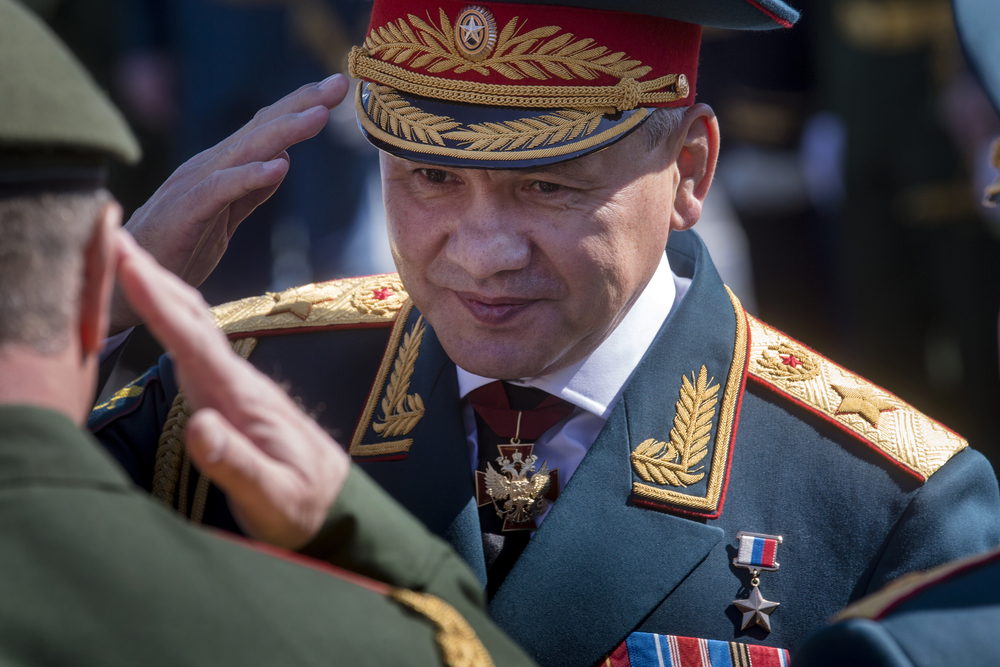Others are reading now
The Russian Defense Minister, Sergei Shoigu, issued a dire warning about the risk of nuclear escalation during a forum in Beijing, heightening tensions and raising eyebrows across the global political landscape.
Shoigu, speaking at the Xiangshan Security Forum, did not mince his words as he spoke of a potential clash between nuclear superpowers.
He accused the U.S. and NATO of attempting to “undermine Russia’s security and deprive us of the will to resist.” He claimed that the West is expanding the war initiated by Russia in Ukraine to the Asia-Pacific region, disguising their true intentions under a facade of diplomatic dialogue.
The Russian Defense Minister pointed out the increasing military presence of NATO countries in the Asia-Pacific region, describing it as a ploy to strategically defeat Russia.
Also read
This rhetoric aligns with the Kremlin’s long-standing narrative, portraying the conflict in Ukraine as a proxy battle between Russia and Western forces, with Russia standing against the military assistance provided to Ukraine by NATO members.
The Nuclear Overhang
While the prospect of nuclear warfare has loomed over the ongoing conflict, experts have largely agreed that the risk has diminished over time.
However, Shoigu’s statements reiterate the Kremlin’s stance on Russia’s nuclear capabilities, hinting at severe consequences as the country grapples with stringent sanctions and widespread condemnation.
He described a “direct military clash between nuclear powers” as being “fraught with catastrophic consequences,” a statement that has reverberated through diplomatic circles.
Russia’s decision to withdraw from the Comprehensive Nuclear-Test-Ban Treaty (CTBT) was highlighted by Shoigu as a measure to restore balance with the United States, which has not ratified the treaty.
This move was accompanied by the announcement of large-scale nuclear exercises, further escalating tensions.
During his Beijing visit, Shoigu met with Zhang Youxia, the vice chairman of China’s Central Military Commission. The Chinese official expressed readiness to work with Russia to tackle “various security threats and challenges,” as reported by the Global Times.
A Balancing Act
China’s official stance on Russia’s invasion of Ukraine remains neutral, although it is reported that the Chinese government is opposed to Russia’s nuclear rhetoric.
Nevertheless, trade ties between China and Russia have strengthened during the ongoing conflict.
On a more positive note, last week saw a diplomatic development between China and the U.S., with Chinese Foreign Minister Wang Yi visiting Washington.
Yi spoke of “differences” but also highlighted “important common interests” between the two nations, offering a glimmer of hope amidst the escalating tensions.
In these turbulent times, the world watches and waits, hoping for de-escalation and a peaceful resolution. The stark warning from Russia serves as a reminder of the high stakes involved and the critical importance of diplomacy in preventing a catastrophic turn of events.


